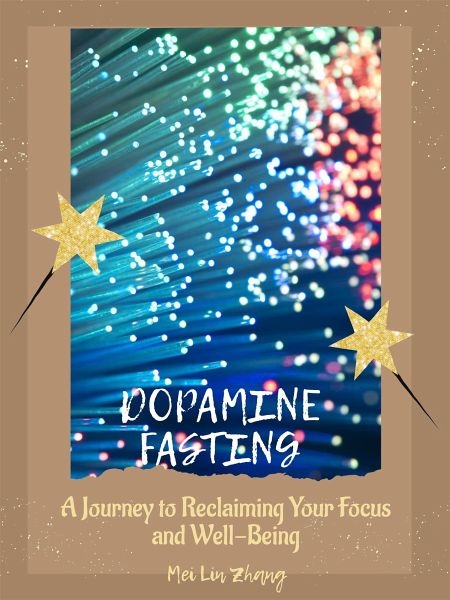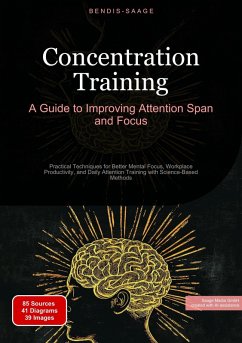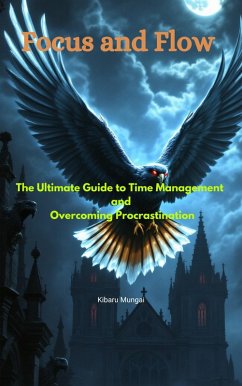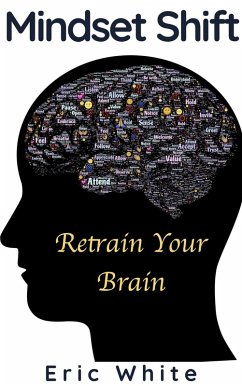
Dopamine Fasting: A Journey to Reclaiming Your Focus and Well-Being (eBook, ePUB)

PAYBACK Punkte
0 °P sammeln!
Dopamine fasting, also known as "dopamine detox," has become a popular trend in recent years. It involves abstaining from certain activities that are thought to stimulate the release of dopamine, a neurotransmitter associated with pleasure and reward. But what does the neuroscience say about this practice? First, let's talk about dopamine. It is a chemical messenger that is involved in a variety of brain functions, including motivation, reward, and pleasure. When we engage in activities that we enjoy, such as eating good food or engaging in social interaction, our brains release dopamine, whic...
Dopamine fasting, also known as "dopamine detox," has become a popular trend in recent years. It involves abstaining from certain activities that are thought to stimulate the release of dopamine, a neurotransmitter associated with pleasure and reward. But what does the neuroscience say about this practice? First, let's talk about dopamine. It is a chemical messenger that is involved in a variety of brain functions, including motivation, reward, and pleasure. When we engage in activities that we enjoy, such as eating good food or engaging in social interaction, our brains release dopamine, which reinforces those behaviors and makes us want to repeat them. However, excessive dopamine stimulation can lead to desensitization, meaning that we need more and more stimulation to feel the same level of pleasure or reward. This is where dopamine fasting comes in - it aims to give the brain a break from excessive stimulation and allow it to reset.
Dieser Download kann aus rechtlichen Gründen nur mit Rechnungsadresse in A, B, BG, CY, CZ, D, DK, EW, E, FIN, F, GR, HR, H, IRL, I, LT, L, LR, M, NL, PL, P, R, S, SLO, SK ausgeliefert werden.













